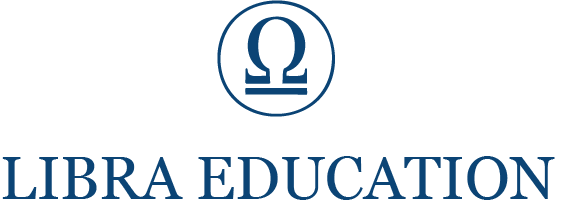The breaks that help you succeed
After a long summer break, I decided to rejoin the gym and burn the extra weight I gained in my lazy afternoons of leisure. With that in mind, my personal trainer asked me to do a ridiculous amount of push-ups, to which I reacted with an expression of deep skepticism. Before I could complain, he explained we would be resting the whole body on the ground for a second before lifting for the next push-up. These “micro-breaks”, he explained, make the task easier and would help me meet the target…, however ambitious it may seem.
I ended up covered in sweat, but I reached the goal. This left me thinking, is there a way to apply the same technique to study?
The importance of resting
Research shows that taking breaks while performing mentally demanding tasks, such as memorising, learning and working, can boost our chances of success. By now most of us are familiar with the “Pomodoro Technique”, which aims at setting a 25-minute slot to concentrate on a task before taking a 5-minute break. After 4 to 5 sets, we should aim at a longer break of about 15 to 30 minutes. Furthermore, neuroscientists have concluded that sleeping is key in the process of “fixing” information after a day of study. The “micro-breaks” however are different because they are much shorter and hence serve the busy student under looming deadlines.
Micro-breaks
Examples of micro-breaks include stretching your back (particularly useful if you’re sitting at your desk all day), drinking a cup of tea, doodling, listening to a song, taking a couple of minutes of deep breathing or going to a different room and back. Please note that social media is not a good ally here and, although laughing has been proven to decrease levels of stress, watching funny videos on such platforms may be detrimental. This is because they are designed to be addictive and keep you hooked, constantly encouraging you to swipe and consume more content. The link between distraction and phone usage is not new.
If used effectively, the micro-breaks will soon prove to be a powerful tool on the road to academic and professional success. Some of their benefits include improved concentration, a change of perspective, avoidance of physical injuries caused by posture, stress reduction, enjoying your studies or work more, improved creativity and better ability to make decisions.
Study hard, study clever!

